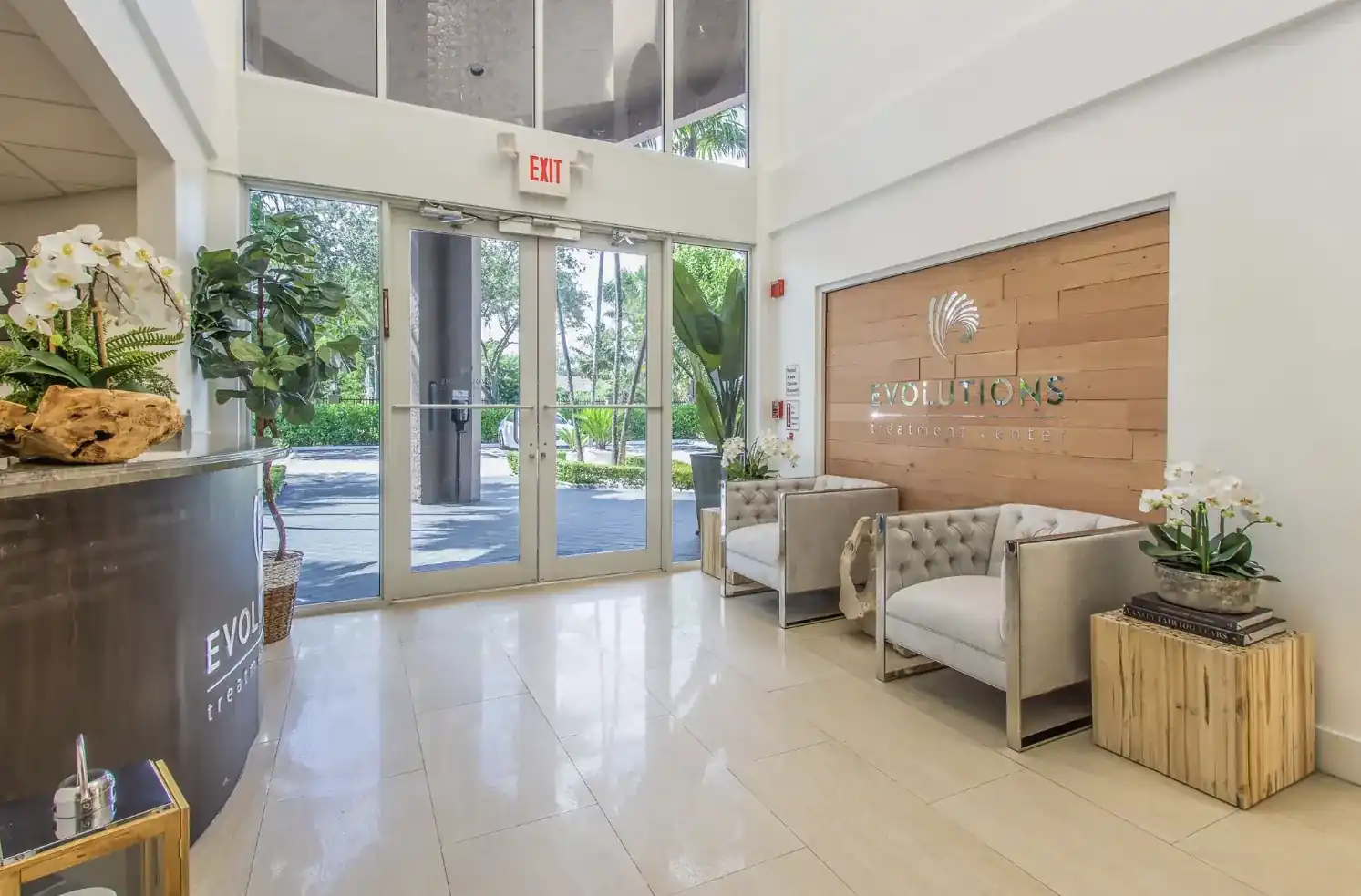How to Talk About It
“The hardest part is starting. But the right words can open the door to healing.”
When someone you care about is struggling with addiction, mental health, or trauma, starting the conversation can feel overwhelming. What if you say the wrong thing? What if they shut down or get angry? What if you make it worse?
At TruPaths, we understand that the fear of speaking up can keep families stuck in silence. That’s why we’re here to help you find gentle, loving, and clear ways to talk about what matters most because silence keeps us sick, and connection is what heals.








